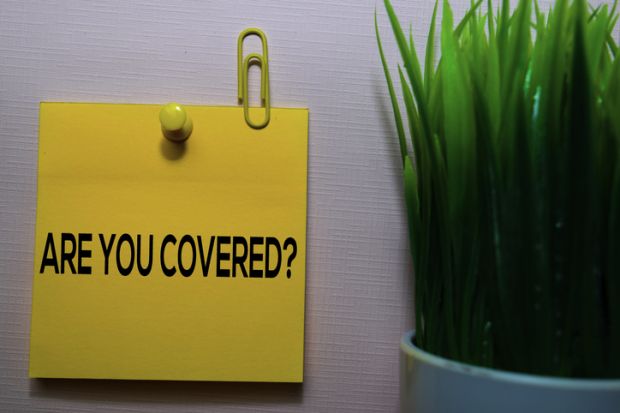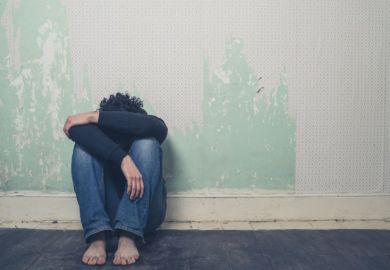A Canadian university is backing off its demand that students sign a waiver releasing it from legal liability in the case of Covid exposure after facing widespread protest over the idea.
St. Francis Xavier University in Nova Scotia had asked its students to sign the three-page form – which would mean their abandoning “any and all claims” and consenting to the imposition of the terms on their heirs and next of kin – as a condition of returning to campus.
After several days of protest by students, alumni and staff, the president of St. Francis Xavier, Andrew Hakin, relented, issuing a note to the campus community promising to “review this decision to ensure it presents the best way forward”.
Dr Hakin had sent out a previous community message explaining the requirement by saying that St. Francis Xavier was “doing everything it can” to meet public health standards, but that its insurance providers would not provide necessary pandemic-related coverage.
The 5,000-student Roman Catholic-affiliated campus is expecting to hold most classes on campus this autumn, and had planned extensively for that, Dr Hakin said in announcing the pause in the waiver requirement. “But we also acknowledge that it will take a community effort in order to have a successful return to campus,” he said.
The incident is part of a struggle across higher education to figure whether and how to resume in-person classes this autumn, and how to balance the health risks and the legal consequences of such decisions.
Many companies in Canada have made similar requests of participants in various group activities, said Wayne MacKay, a professor emeritus of law at Dalhousie University. St. Francis Xavier represents the first case, however, that he has seen in higher education.
The idea has been broached in the US. Ohio State University required its football players to sign a statement acknowledging the risk of Covid exposure, although administrators said they regarded it as more of a pledge than a legal document.
More broadly, the leading US higher education lobby groups, representing both public and private universities, pushed Congress to enact legislation that would provide the institutions with legal liability protection if they resume classes in the fall.
Congress largely ignored the request, and some lawmakers instead proposed legislation that would make clear that such waivers could not be enforced for large indoor gatherings.
Despite such rejection, most US universities have been giving public indications they will reopen their campuses regardless. Now, however, with coronavirus infection rates rising across much of the country, a growing number of institutions are admitting that they will remain in online-only formats for the autumn.
Such talk of campus reopening may have been cynical from the start, and the reality is only going to get clearer for students and their families in coming days, said Scott Galloway, a professor of business at New York University.
US institutions that are still telling parents about the various safety protocols that they are establishing for the resumption of on-campus classes this autumn are “delusional or dishonest”, Professor Galloway told faculty at Remote, a conference on online learning hosted by Arizona State University.
“I think that’s nothing but Latin for: ‘Parents, send in your tuition cheques,’” Professor Galloway said.
“I think we’re going to see a series of announcements over the next 15 to 30 days,” he said, “that are sober and honest and say we’re going to focus all our attention on making the online experience as robust as possible.”
Register to continue
Why register?
- Registration is free and only takes a moment
- Once registered, you can read 3 articles a month
- Sign up for our newsletter
Subscribe
Or subscribe for unlimited access to:
- Unlimited access to news, views, insights & reviews
- Digital editions
- Digital access to THE’s university and college rankings analysis
Already registered or a current subscriber?







